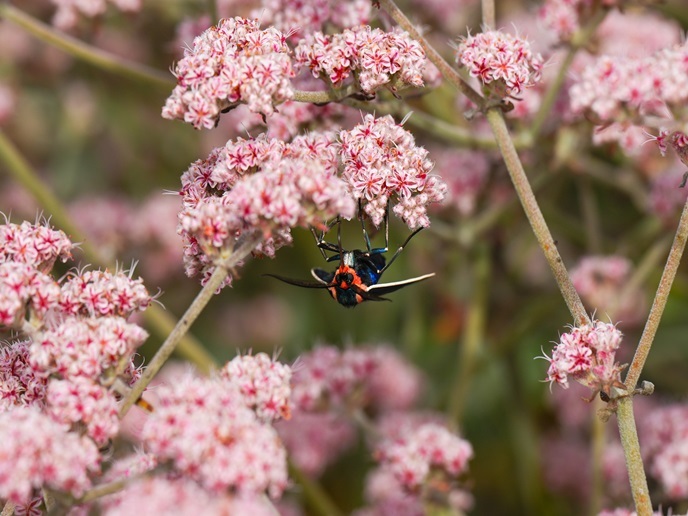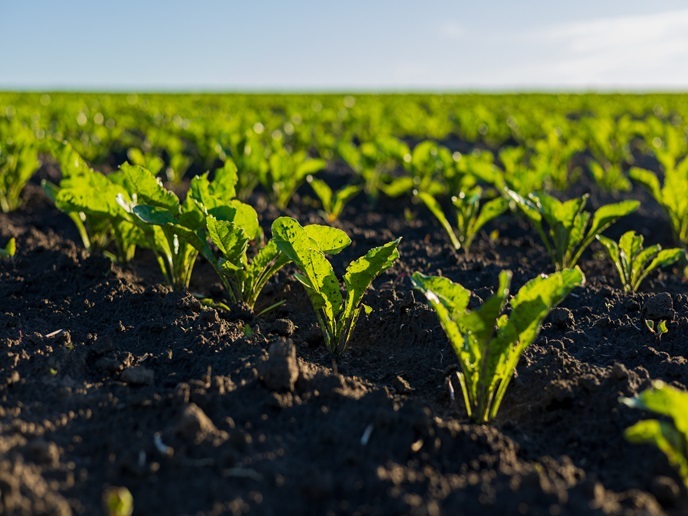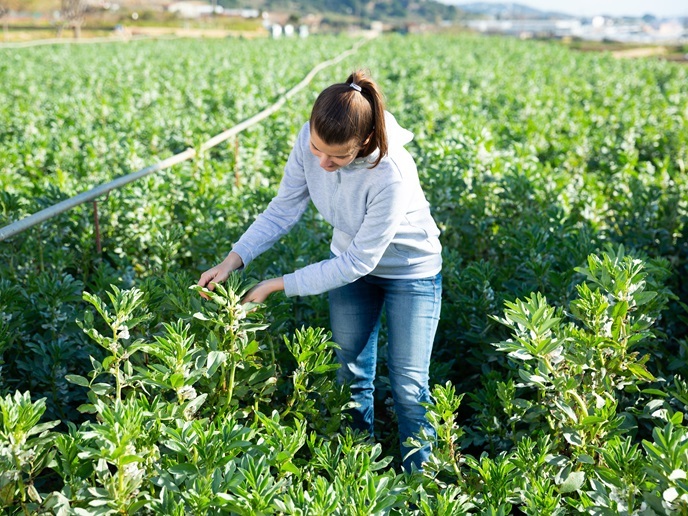Turning microalgae into net zero, nature-positive food ingredients
The global population continues to rise and is expected to hit 10 billion around the middle of the century. More people means more mouths to feed, with demand for food forecast to reach 3 billion tons per year by 2050. That’s a 43 % increase on 2009. How does one provide this many people with secure, high-quality food, in a way that doesn’t harm the environment? For Arborea(opens in new window), the answer is algae. With the support of Horizon 2020 funding, the company developed an innovative system to grow microalgae and turn this into net zero, nature-positive food ingredients. “Our Biosolar Leaf cultivation system produces the only carbon-neutral plant biomass on the market and, from it, extracts natural proteins and other functional ingredients,” explains Julian Melchiorri, CEO of Arborea.
From microalgae to macronutrients
According to Melchiorri, microalgae are a superfood with huge potential. “These microscopic plants offer unlimited potential to produce the diverse range of natural, nutritious, clean label ingredients needed to ensure that everyone can eat well,” he says. To leverage this potential, Arborea drew inspiration from the natural photosynthetic process. “Just like photosynthesis in nature, Biosolar Leaf sequesters CO2 and uses sunlight as unlimited feedstock,” Melchiorri adds. “This boosts the cultivation of microalgae while releasing breathable oxygen – resulting in a carbon-neutral plant biomass from which we can extract high-quality proteins and ingredients.” Because Biosolar Leaf is a soil-free system, it can be sited on any surface, even barren land and rooftops. “Our system’s ability to produce more protein in a given area than any other type of food production, combined with the fact that it doesn’t require agricultural land use, means we could enable food production to give land back to nature,” notes Melchiorri.
Validated technology
With the system fully developed, the next step was to validate the technology and move it towards commercialisation. For that, the company once again turned to EU funding. Under the new Horizon Europe programme, Arborea sized the market and established go-to-market and supply chain strategies. Then, working in collaboration with industry partners, the company demonstrated the effectiveness of its technology. “Thanks to this additional EU funding, we were able to enlarge our team and develop our technology to a point where we could validate it via a fully functional facility,” says Melchiorri. From this facility, Arborea succeeded in gaining important data and insights, which it is now using as it works to build its first commercial facility for mass-producing protein and other functional ingredients out of microalgae.
How the EU and its citizens stand to benefit too
It’s not just Arborea that has benefited from the EU’s financial support. Europe and its citizens stand to benefit too. “The EU needs sustainable, carbon-neutral, scalable solutions for producing food within Europe, thus reducing its dependency on foreign imports while also supporting its Green Deal(opens in new window) objectives,” notes Melchiorri. Here, microalgae in general and the Biosolar Leaf system in particular deliver. “Our work is an excellent example of how, by supporting European start-ups, the EU can deliver on its own initiatives,” concludes Melchiorri. Work continues at Arborea as it collaborates with industry partners to create sustainable, nutritious and tasty new products, sequester CO2 and sever the link between food production and biodiversity loss.







